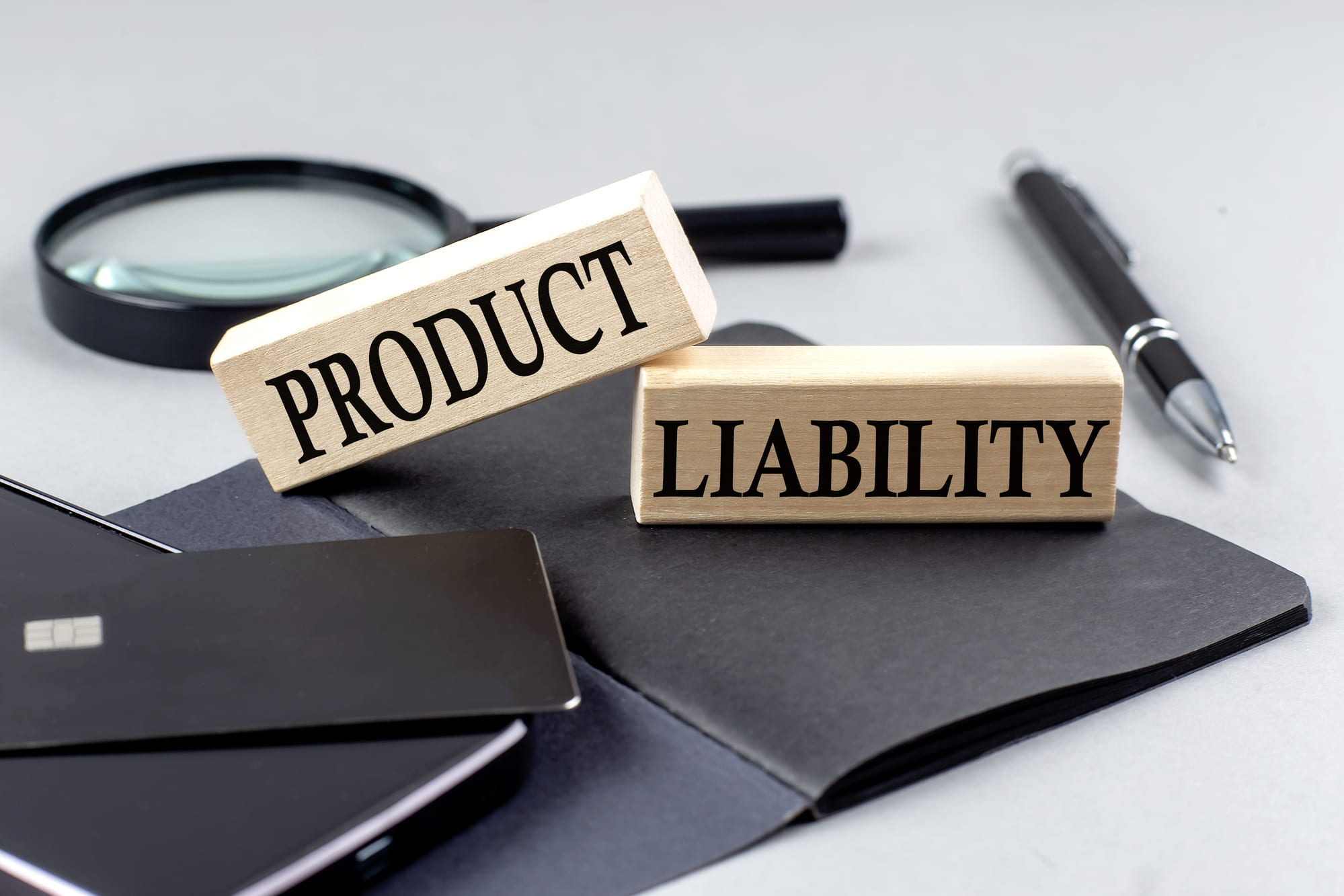When starting a new business, one of the first decisions that you have to make is whether you are going to operate in the physical or digital world – or both. Of course, in some businesses, this choice is obvious, such as a restaurant that is going to serve burgers and fries to hungry diners. Modern technology makes it possible to run many other types of businesses as digital-only operations, however, and there is a lot to like about that model.
If you are going down the e-commerce path, you’ll need to pay attention to various legal concerns that may come up along the way. This post is going to break down some of the fundamental legal matters to think about when running an e-commerce business. If you’d like to get help directly from an ecommerce lawyer, take a moment today to contact Fisher Stone.
Start with Data Security Matters
By definition, if you are working in the world of e-commerce, you are handling at least some data from your customers. The amount of data you will be managing depends on how you set up your e-commerce business – there are ways to offload some of this responsibility to other parties – but either way, a lot of data is going to be passed back and forth and it’s your job to keep it as safe as possible.
The legal implications of data security can be significant for an e-commerce business. You are required to handle credit card information properly and in accordance with the law, for example. It’s also necessary to comply with legislation like the General Data Protection Regulation, or GDPR. This specific set of rules applies to businesses that either operate in the European Union or serve EU customers. Knowing what data rules apply to you, and then following those rules to the letter, is an important starting point to make sure your e-commerce business is on the right side of the law.
Consumers Have Many Rights
You will also need to keep the rights of your customers in mind at all times when promoting and operating an e-commerce business. If you operate within the United States, you’ll need to comply with the rules set forth by the Federal Trade Commission. That means, for example, that you will need to avoid false advertising that makes claims not backed up by your products or services. You’ll also need to maintain a refund and return policy, and avoid actions like price gouging.
Fortunately, it’s relatively easy to remain within the scope of these regulations as long as you aim to serve your audience in good faith. If you simply try to operate your business in a way that will serve your customers and lead them to come back again and again, you should be in good standing with consumer rights protections. It’s businesses that are trying to take advantage of people to make a quick buck that are more likely to run into trouble here. Be honest with your customers, be transparent with your pricing, and make things right when a customer runs into an issue. If you can check off those boxes, all should be well on this front.
Respecting – and Protecting – Intellectual Property
Intellectual property is an important topic in e-commerce and it is a bit of a two-sided coin. On the one side, you want to protect any intellectual property that you have developed as part of operating your business – and on the other side, you want to make sure that you are not violating the intellectual property rights of any other party.
As far as protecting your own IP, it starts with keeping up with tasks such as filing for the relevant trademarks on things you create. This could include a brand name and any logos that you use, along with marketing slogans and other creative elements. Trademark law can be tricky, so it pays off to work with a partner like Fisher Stone to get the help you need to make sure everything is done right.
It’s just as important, if not even more important, to make sure you aren’t violating the intellectual property of others. As an e-commerce site, you might find that you are using images, text, and videos from various brands whose products you are selling. Often, this is entirely permissible, and even encouraged by those brands for marketing purposes. But you need to have a system in place to confirm that you have the right to display everything that is added to your site.
Managing Various Contract Matters
You will find that it is virtually impossible to do business without using some types of contracts along the way. As an e-commerce business, one of the first contracts you’ll need to have in place is something you might not think of at first as even being a contract – your terms of service. You need to have terms of service in place on your site as a default contract between your business and the people who visit the site.
Beyond that starting point, there are plenty of other important components to include in the contract category. For example, you might need to have agreements with vendors who are providing you with products to sell, or with raw materials for you to make your own products. Vendor contracts are important because they outline the responsibilities of each party, as well as detailing the payment terms for all transactions.
You’ll want to make it a point to maintain your contracts over time and refine them as necessary. This is more than a chore – it can actively benefit your business to pay attention to your contracts and renegotiate them when it makes sense to do so. One way focusing on contracts can help you thrive is by monitoring vendor agreements and working toward better terms as you gain leverage. If your company has grown from its early days and you now purchase more than you did at the start, the vendor might be willing to give you lower prices or better payment terms if you just ask.
Meeting Accessibility Requirements
All websites are legally required to meet certain accessibility requirements to make their site usable by all. You can think of this as the digital version of physical accessibility laws that govern how businesses operate in the real world. Just as a physical business needs to have a ramp in place for use by wheelchairs, so too does your website need the ability to adapt to the needs of all visitors.
For the most part, this is a job that should be turned over to an expert in this area. Most likely, you aren’t going to have the tech knowledge on hand to take care of all of the accessibility matters on your site independently. As a starting point, there are tools available that allow you to test your site and see how it scores on accessibility matters. From there, you can make improvements to ensure all visitors are served and you comply with all relevant laws.
Consider Employment Law
It’s possible that you are planning to operate your e-commerce business all on your own. If that’s the case, you obviously won’t need to worry about employment law – but it’s going to be difficult to grow in a meaningful way if you never bring anyone else into the fold. So, if you do decide to get help, whether in the form of employees or contractors, you will need to know how the law plays into that decision.
With independent contractors, things are relatively simple. You agree to compensation for work that will be done, perhaps have an NDA signed, and get started. They aren’t working for you as an employee, so as long as you hold up your end of the bargain in terms of paying the contractors, all should be well.
Things are far more complicated with employees. You’ll need to have policies that are conforming with all labor laws, such as minimum wage and overtime pay. It’s also necessary to meet safety regulations if these employees are going to be working at your physical location. Consulting with a lawyer who can advise you on what steps to take, and what mistakes to avoid, will go a long way toward staying out of trouble in this category.
Protect an Exciting Future
The appeal of e-commerce is obvious in that there is almost no limit to what you can accomplish. With virtually the whole world as your potential market, an e-commerce business that strikes the right notes with buyers can grow at an incredible rate. With any luck, you’ll find yourself experiencing such rapid growth in the near future – and you’ll want to be sure to have the necessary legal foundation in place to protect that growth in the face of various potential threats. Take a moment now to get in touch with Fisher Stone to learn more about ecommerce legal requirements and how they can apply to your e-commerce business. We are excited to get started!


